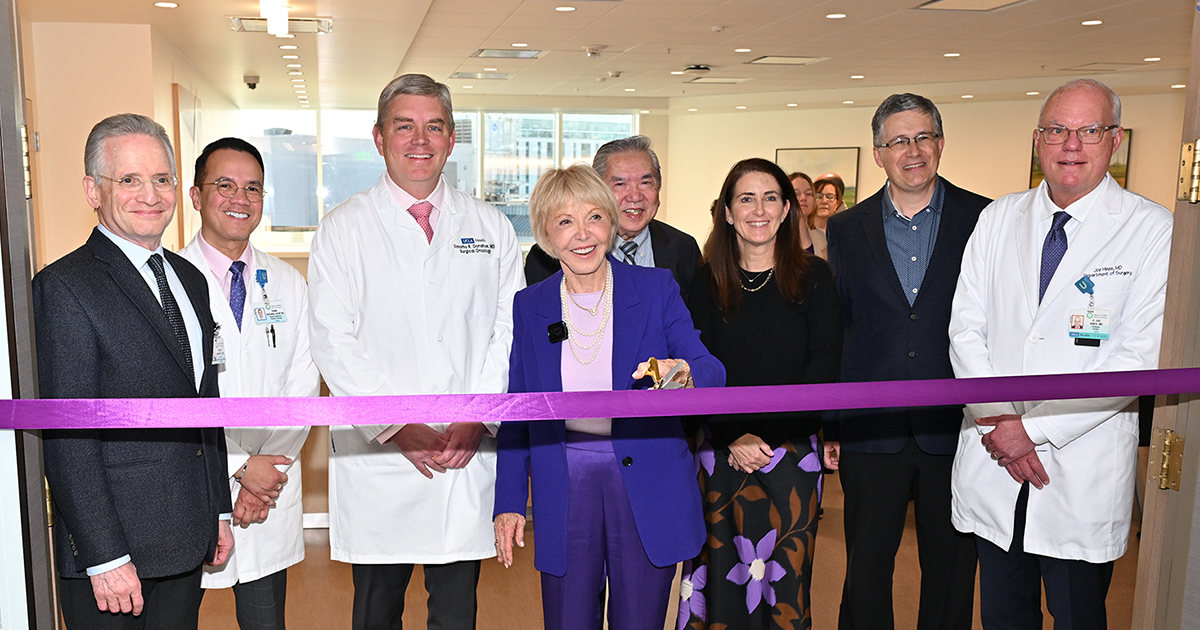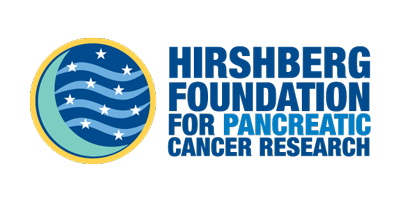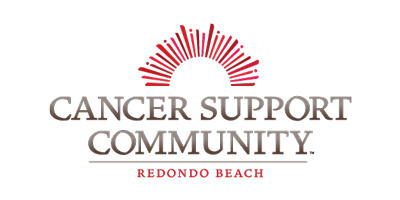South Bay artist displays life-size custom artwork at the award-winning outdoor stationary cycling fundraiser to honor loved ones and friends in the fight against cancer
In the battle against cancer, it takes love and the dedication of community to make a difference. South Bay artist Wendy Stillman is showing her support by creating the custom-design mixed media painting, “Love Rides” which will be on display at the 12th Annual Tour de Pier outdoor stationary cycling fundraiser on Sunday, May 19 at the Manhattan Beach Pier & Strand.
Masterfully using acrylic on canvas, Stillman’s artwork is a large, vibrant 7.5 feet by 7.5 feet painting featuring healing heart hands surrounded by symbols of support. “As a local artist and longtime resident here in the South Bay, I was thrilled to have the opportunity to create a large custom piece of art for the Tour de Pier,” said Stillman. “These hand hearts represent all the love people are expressing by participating in this event and riding at the Tour de Pier to honor loved ones, friends, and the fight against cancer.” She added, “I wanted to create a large, strong piece both physically and visually to symbolize the power we have collectively to stand together as a community to fight the fight, and what better way to symbolize that than two hands coming together to symbolize love.”
Since the launch of the Tour de Pier more than a decade ago, the hand heart gesture has been incorporated into rides as a symbol of love and hope for those fighting cancer. This year, the Tour de Pier is honored that Stillman will be sharing her incredible art with the community. “Our goal this year is to weave the healing power of art into the Tour de Pier. Over the years, the hand heart has been a unifying gesture of love and support between our instructors and the participants,” said Heath Gregory, Co-Founder of the Tour de Pier. “We wanted to embrace hand heart fully and extend the sentiment into the greater community with Wendy’s help and talent. Her piece, ‘Love Rides’ is a symbol of the love we have for our greater South Bay community and a message of love and hope to those fighting cancer.”
Broadening community engagement, the Tour de Pier shared the “Love Rides” collaboration with the youth arts program of Indivisible Arts at Resin in Hermosa Beach, a nonprofit organization dedicated to cultivating creativity, consciousness, and connection through the arts. Stillman created a project for kids to create smaller 8-inch by 8-inch versions of the hand heart painting so they could participate in the community’s effort to show support for all those fighting against cancer. Artwork of students from Indivisible Arts will be showcased, along with Stillman’s painting, at the Tour de Pier.
The hand heart design will continue to have prominent presence at the Tour de Pier as it will appear on the front of this year’s exclusively designed t-shirts worn by participants and volunteers. Hosted by Splatterz Studio, kids and adults can craft their own hand heart design (for a suggested donation) at the Health & Fitness Expo which is free and open to the public.
To catch a sneak peek of Stillman’s painting in the weeks leading up to the Tour de Pier, visit Culture Brewing Co. in Manhattan Beach and the Bay Club in El Segundo.
The Tour de Pier will be held at the iconic Manhattan Beach Pier & Strand, 2 Manhattan Beach Blvd., Manhattan Beach, CA 90266 from 8:30 a.m. – 1:30 p.m. The fundraiser benefits a trio of nonprofit cancer organizations that work tirelessly to advance research and provide multi-layer support services: Hirshberg Foundation for Pancreatic Cancer Research, Cancer Support Community South Bay, and the Uncle Kory Foundation for Brain Cancer Research. To learn more about “Love Rides” and the Tour de Pier, visit www.tourdepier.com.




